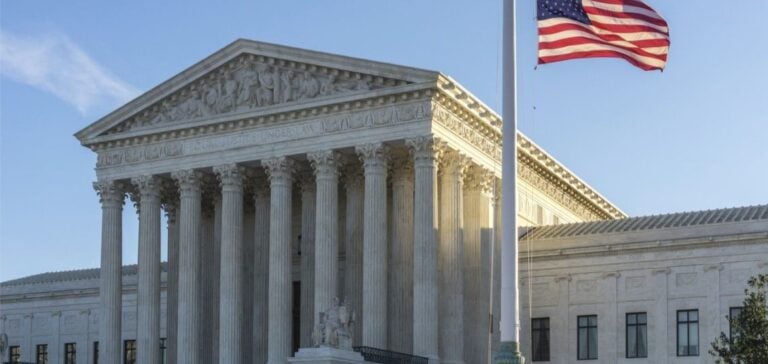The U.S. Supreme Court has agreed to review a petition filed by several fuel industry players challenging California’s authority over emission standards. This decision marks a new step in the legal debate surrounding electric vehicle sales quotas and the regulation of automobile emissions in the United States.
The petition was introduced by Diamond Alternative Energy, a subsidiary of Valero Energy specializing in biofuels, and supported by other organizations such as the American Fuel & Petrochemical Manufacturers and the National Association of Convenience Stores. The fuel groups are contesting the legitimacy of the Environmental Protection Agency (EPA) in granting California a special waiver allowing it to impose stricter standards than those set at the federal level.
The California Waiver: A National Issue
The Clean Air Act prohibits U.S. states from setting their own vehicle emission standards but grants California a historic exception. This waiver is conditional on the standards being at least as strict, if not stricter, than federal requirements. In practice, California’s decisions influence the national market as multiple states adopt the same standards.
The D.C. Circuit Court of Appeals rejected the industry’s challenge last April, ruling that it was not proven that vacating the EPA waiver would address their grievances. Consequently, the appeal to the Supreme Court specifically targets the issue of redressability, meaning the ability to remedy an alleged harm.
An Economic and Technological Issue
For Doug Kantor, general counsel of the National Association of Convenience Stores, it is crucial that decisions regarding vehicle standards in the United States consider the interests of the entire nation rather than arbitrarily favoring one technology over others.
Conversely, environmental organizations such as the Environmental Defense Fund firmly support the California waiver. They argue that it represents an essential measure to reduce pollutant emissions and foster innovation in the automotive sector.
Political Reversals by the EPA
The initial waiver was granted in 2013 under the Obama administration, covering vehicle models from 2015 to 2025. However, under President Donald Trump in 2019, the EPA rescinded this exemption before the Biden administration reinstated it in 2022. Today, with Trump potentially returning to the White House, further controversies over these standards appear inevitable.
Meanwhile, California has requested a new waiver from the EPA for its Advanced Clean Car II program, which aims to progressively impose electric vehicle sales quotas until the complete ban on combustion engine cars by 2035. This request is still under review by the federal agency.






















